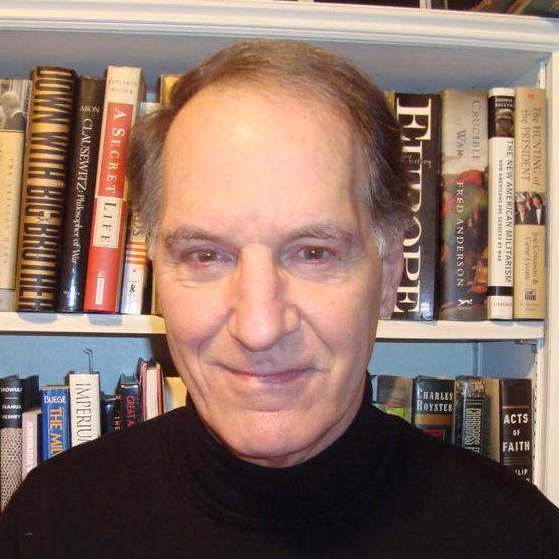Another Martin Luther King Day has passed. In a country that doesn’t much value 
Every so often, friends and I have a discussion about the greatest Americans of the recent past. For conservatives, Ronald Reagan’s name invariably comes up. What is interesting about this is that Reagan succeeded partly because he was the antidote to Martin Luther King Jr.
One of Reagan’s goals was to make white Americans comfortable with all of the prejudices and bigotry that King had successfully made them uncomfortable with. Reagan’s answer was a clear “yes” to the question, “Can’t we just go back to the way things used to be?”
My two candidates for the greatest Americans of the past half-century are Martin Luther King Jr. and Lyndon Johnson. One, King, now deified and frozen as kind of a saint, and the other, President Johnson, hardly a saint, largely forgotten. Each contributed to the other’s greatness.
King and the movement he led created the conditions for Johnson to push through the most important civil rights and social legislation of our lifetime. It was King’s vision of a society based on peace, love, justice and inclusion that made it possible for Johnson, with his extraordinary skills, ruthlessness and genuine commitment to poor people and victims of injustice, to transform our society forever.
I grew up in the segregated North. As always and everywhere, the prejudices of parents were passed on to their children. And in our community, Milwaukee’s South Side, there was little countervailing opinion. Out of approximately 300,000 residents, there were exactly zero black people. It was easy to count them. And there was a strong commitment to keeping it that way. We did not celebrate diversity.
As kids, what changed our views was sports, especially the arrival of Major League Baseball players like Henry Aaron of the Milwaukee Braves and later the great black players on the Green Bay Packer football teams. Even a dense little white kid could see that these guys were not what our parents had said black people were like. A generational breach was opened and it would only get wider.
Over time, for some of us, the door opened by Henry Aaron led to the bigger issues of segregation and injustice. Looking back, I can remember being shocked by the levels of hatred and meanness displayed by white people. In civil rights marches, I never lost sight of the fact that, as a white person, I could walk a couple of blocks and never have a problem, but for my black counterparts, there was no walking away. I have always cringed when I hear a white person say that they “know what it feels like.”
In Jackson, Miss., I saw the police throw little black kids who were demonstrating into the hoppers of filthy garbage trucks. In Alabama, a black man four times my age referred to me as “sir” and asked me to “speak for him” to a white garage mechanic. In Milwaukee, the police would pull over your car whenever black and white people were riding together. And stories of police violence in black neighborhoods were endemic, all denied by whites.
There is a current view that segregation wasn’t that bad, just separate water fountains and waiting rooms. Nothing could be further from the truth. It was a system designed to humiliate an entire people on a daily basis.
Dr. King’s greatness was forever assured by his refusal to succumb to the counter-hatred that was the logical response to such treatment. He only partially succeeded.
Beginning with the Selma to Montgomery march, the Black Power movement began to peel away committed people, especially young ones. Peace, love, justice and inclusion were out. Dr. King was derided as “de Lawd.” Threats of violence and dismissal of whites as the true inferior race were in.
Dr. King didn’t bend. His greatness is reaffirmed by his own achievements, but also by the catastrophic failure of the Black Power movement. History never unfolds in a straight line and there are long sweeps. The reaction to Dr. King and the Civil Rights Acts of the 1960s, forecast by President Johnson at the time, has done great damage to our country. But at some point, we will begin to move forward again, and when we do, it is all but certain that King’s principles will be the centerpieces.
Finally there is another, less noted, symbol of Dr. King’s greatness, one that shouldn’t be lost. King was almost always late for things, the reason being that on the way to give a big speech or attend an important meeting, he had stopped to talk to a little kid, the janitor, the elevator attendant. It was usually about some issue or problem that this person was facing. A great man who always had his priorities straight.
For the non-great among us, there is another message. I believe that I am typical in the sense that, looking back, I always wish that I had done more. And I believe that this typical feeling conveys a clear message: Do more and you won’t feel that way.





